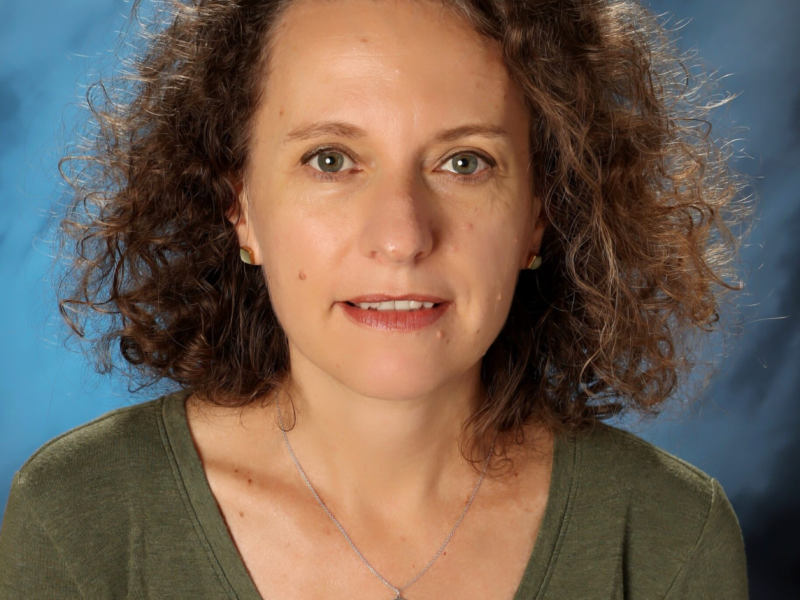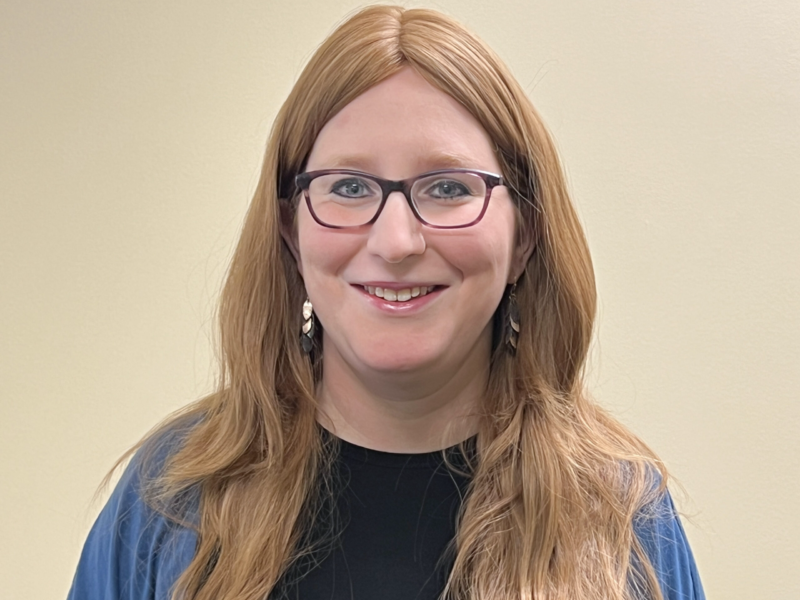Response one: “If I’m healthy and have a good diet and exercise regularly, I can stay fertile past 40. I keep reading about women having babies after 40, why not me?”
Fact: A woman’s fertility has already started into mild decline by her late 20s. It declines more sharply in her late 30s. Between 40 and 44, 64% of married women remain childless. This compares to 30% of similar women aged 35 to 39. It is true that unhealthy lifestyles can contribute to shortened reproductive life and earlier menopause, but the opposite is not true. Family history can be an influence.
Response two: “Relaxing, taking a vacation or even adopting a baby can contribute to conception.”
Fact: Women with infertility get pregnant spontaneously at the same rate whether or not they adopt a baby. A recent study looked at stress hormones in women and found that a subgroup responded to cognitive behavioral therapy, and a small number of that group conceived. Reducing stress is important for women’s general health, but it has little demonstrated effect on fertility.
Response three: “There is no rush to see a specialist. I can just try harder or longer.”
Fact: For women under 35, letting nature take its course makes sense for a year. After age 35, a six-month trial is a good rule of thumb. Thereafter couples should get some basic testing done to see if there is a simple or easy treatment.
Response four: “Most infertility treatments lead to multiple births.”
Fact: Oral ovulation induction medications only have a 5% chance of twins. Inseminations don’t lead to multiple births unless paired with injectable medications. In vitro fertilization leads to multiple births approximately 50% of the time if two or more embryos are placed. To limit this possibility, patients can choose to have only one embryo implanted.
Response five: “Infertility treatments are too expensive and are rarely covered by insurance.”
Fact: In vitro fertilization is expensive, and insurance coverage for this is not mandated in Oregon. However, there are many less expensive treatments offered by specialists that could be appropriate and which may be tried first. An infertility specialist will be able to supply more details for any individual case.
Laura Hope Greenberg, MD, is a board-certified reproductive endocrinologist and obstetrician/gynecologist in private practice in Portland. She has more than 20 years’ experience in infertility treatment. She is currently the president of the Portland Society of OB/GYNs. She is a member of Congregation Kol Shalom.





